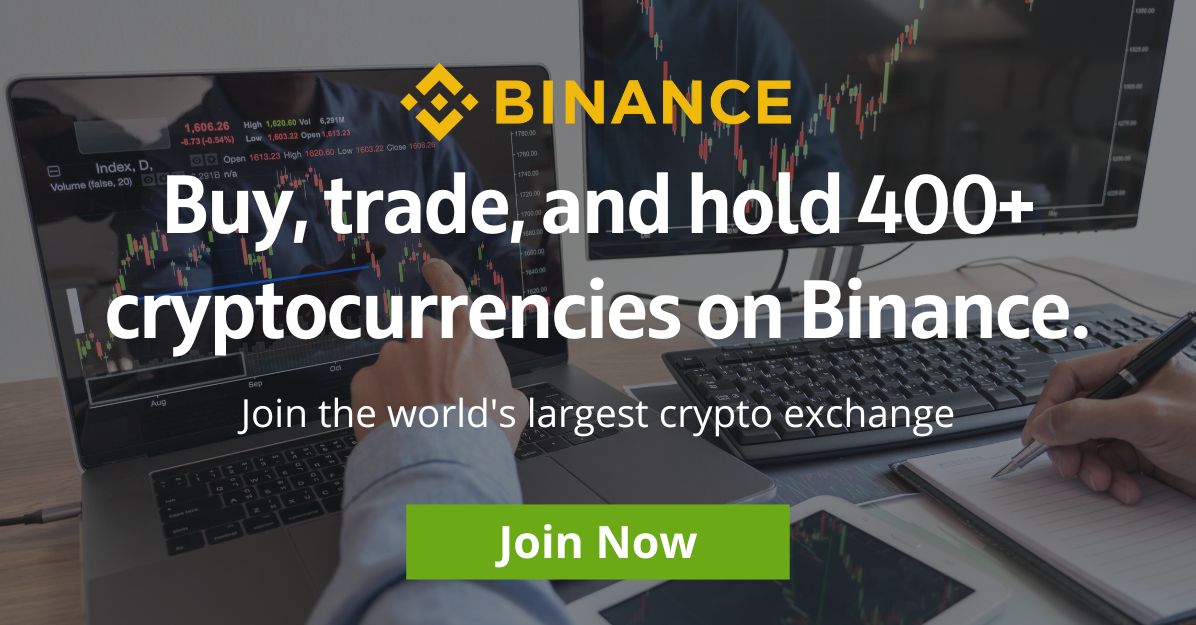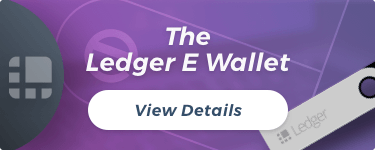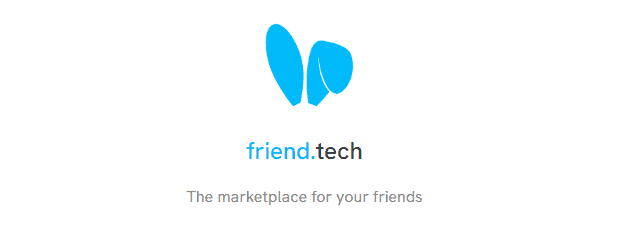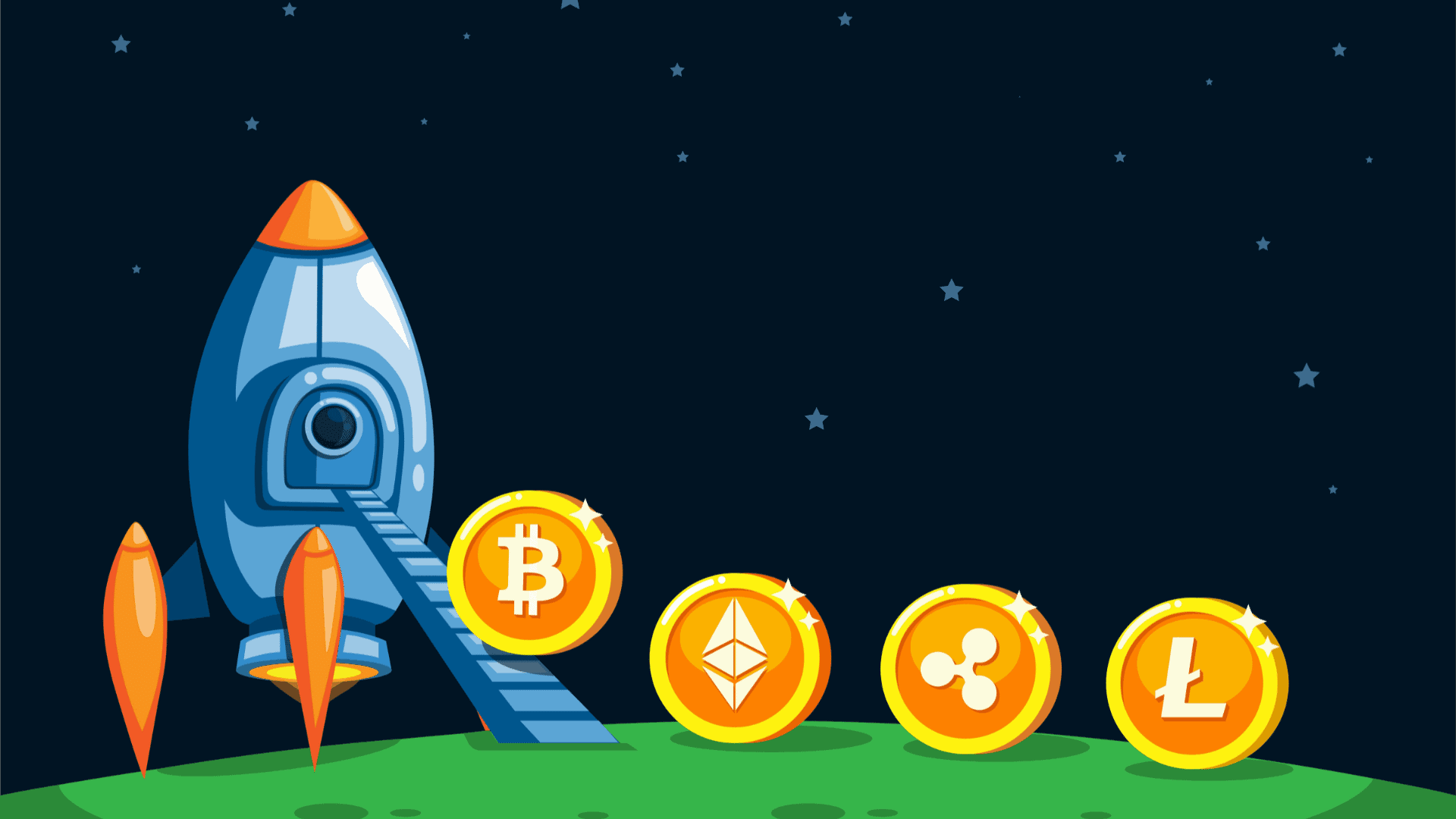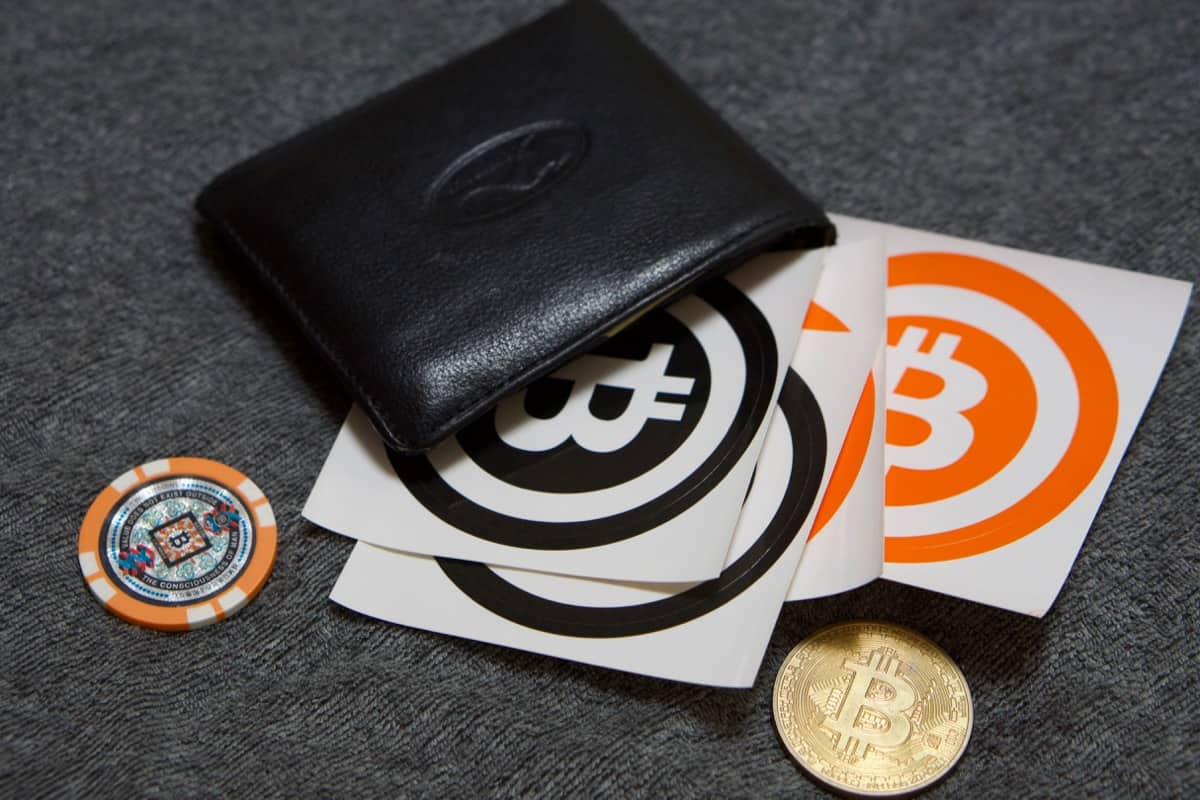
Rocket Pool (RPL)
| Market Cap | Volume | Last Trade |
|---|---|---|
Rocket Pool Details
| Built On | Launch Date | Proof Type | Max Supply | Circulating Supply | Website |
|---|---|---|---|---|---|
| 0 | 0 | NO | Platform | Block Reward | Block Time | Block Number | Net Hashes Per Sec | Rocket Pool |
| 0 | 0 | Trade |
Rocket Pool (RPL) price today is $0.0000000 USD. Trading volume was 0.00 RPL in the last 24 hours. Current market cap of Rocket Pool is $0 USD. Rocket Pool has a circulating supply of 0 RPL coins out of a maximum supply of 0 RPL coins.
An In-Depth Look at Rocket Pool (RPL)
What is Rocket Pool (RPL) and how does it work?
Overview
Rocket Pool (RPL) is a decentralised Ethereum Proof-of-Stake (PoS) infrastructure service, designed to provide users with an easier way to earn staking rewards without needing extensive technical knowledge. The platform allows any Ethereum holder to participate in staking and earn rewards, regardless of the number of Ether they own.
Rocket Pool's goal is to democratise Ethereum staking by reducing the barriers to entry, such as the high amount of Ether required to stake independently and the technical challenges of running a validator node. It allows small Ethereum holders to pool their Ether together and collectively stake in the Ethereum 2.0 network.
Rocket Pool was launched on July 17, 2018, seeking to address the impending shift from Ethereum's Proof-of-Work (PoW) consensus mechanism to PoS.
Technical Aspects
Rocket Pool operates with a native utility token, RPL, which is used to align the interests of the various participants in the network. Node operators are required to deposit a certain amount of RPL as collateral. This collateral can be slashed if the operators act maliciously or fail to maintain their node correctly.
Rocket Pool uses a unique "staking pool" approach. When users deposit their Ether into Rocket Pool, they receive rETH tokens in return. These tokens represent the user's share in the staking pool and accrue rewards over time. When the user wants to withdraw their stake, they can redeem their rETH tokens for the equivalent amount of Ether, plus any rewards earned.
Rocket Pool also uses smart contracts for the automation of several processes, such as the allocation of staking deposits to different node operators and the distribution of staking rewards to users.
Team
The Rocket Pool project is led by Founder and Lead Developer David Rugendyke, a seasoned software developer with over 15 years of experience. David has strong expertise in blockchain technology and smart contract development.
The team also comprises Jake Pospischil, the Operations Manager, who has a rich background in IT and systems administration. Darren Langley, the Senior Blockchain Developer, brings his extensive experience in software development and deep knowledge of Ethereum.
Rocket Pool's team is based in Australia and has been funded by several prominent investors in the blockchain space. The project has also formed partnerships with notable entities in the Ethereum ecosystem, such as ConsenSys and the Ethereum Foundation, to advance the development and adoption of Ethereum 2.0.
In conclusion, Rocket Pool is playing a vital role in the Ethereum 2.0 ecosystem by providing a decentralised staking service that is accessible to all Ethereum holders. Its unique staking pool approach, combined with the use of smart contracts and a dedicated team, is paving the way for the democratisation of Ethereum staking.
How Does Rocket Pool (RPL) make money?
Rocket Pool (RPL) is a decentralized protocol that allows users to earn passive income through staking their Ethereum tokens. It operates on the Ethereum blockchain and is designed to be compatible with Ethereum 2.0. But how exactly does Rocket Pool make money? Let's delve into the details.
Transaction Fees
One of the main ways that Rocket Pool makes money is through transaction fees. Whenever a user stakes their Ethereum on the platform, a small fee is taken by Rocket Pool. This fee is a percentage of the staked amount and is used to maintain the platform and reward the node operators.
Node Operator Rewards
Another way that Rocket Pool generates revenue is through node operator rewards. Node Operators are individuals or entities that run nodes on the Rocket Pool network. These operators are rewarded with RPL tokens for their services. This creates a steady income stream for Rocket Pool as the platform retains a portion of these rewards.
Staking Rewards
Rocket Pool also earns money through staking rewards. When a user stakes their Ethereum tokens, they are effectively lending them to the network to be used in validating transactions. In return, they receive a portion of the newly minted Ethereum as a reward. Rocket Pool benefits from this process by taking a cut of these rewards. This provides an additional revenue stream for the platform.
How Can I make Money with Rocket Pool?
If you're interested in making money with Rocket Pool, you'll be happy to know that there are several ways to do so. Here are some of them:
Staking Ethereum
The most direct way to earn money with Rocket Pool is through staking Ethereum. By staking your Ethereum tokens, you can earn a steady stream of income in the form of newly minted Ethereum. The amount you earn depends on the total amount of Ethereum staked on the platform and the current staking rewards rate.
Running a Node Operator
If you have the technical know-how, you can also make money by becoming a node operator. As a node operator, you'll be responsible for running a node on the Rocket Pool network. In return, you'll receive RPL tokens as a reward. This can be a lucrative income stream, especially if the value of RPL increases over time.
Participating in Rocket Pool's Liquidity Mining Program
Rocket Pool also runs a Liquidity Mining Program, which allows users to earn additional RPL tokens by providing liquidity to the platform. To participate in this program, you'll need to stake your Ethereum tokens and also provide additional liquidity through other means, such as depositing other types of cryptocurrencies. This can be a good way to earn extra income, but it does come with its own set of risks, including potential losses if the value of the staked assets decreases.
In conclusion, Rocket Pool offers multiple ways for both the platform and users to earn money. For the platform, it's through transaction fees, node operator rewards, and staking rewards. For users, it's through staking Ethereum, running a node operator, and participating in the Liquidity Mining Program. As always, it's crucial to do your own research and understand the risks before investing in any cryptocurrency platform.
How Can I Buy Rocket Pool (RPL)?
Investing in Rocket Pool is not as complicated as it may seem. You only need to follow a simple, step-by-step process.
Create an Account on Binance
The first step in purchasing Rocket Pool (RPL) is to create an account on a reputable cryptocurrency exchange. Binance is one of the leading platforms and offers a wide range of cryptocurrencies including RPL.
Verify Your Account
Once you've created your Binance account, the next step is to verify it. This involves providing some personal information to comply with Know Your Customer (KYC) regulations. Verification is crucial as it not only secures your account but also allows you to withdraw larger amounts.
Secure Your Account
After your account is verified, it's important to secure it. Set up two-factor authentication (2FA) to add an extra layer of security. This will require you to provide a secondary code (besides your password) whenever you log in or make transactions.
Deposit Fiat or Cryptocurrency
To buy Rocket Pool (RPL), you need to deposit funds into your Binance account. You can do this by depositing fiat currency (like USD or EUR) or by depositing a cryptocurrency such as Bitcoin or Ethereum.
Buy Rocket Pool (RPL)
With funds in your account, you can now buy RPL. Go to the trading section of Binance, search for RPL, and enter the amount you want to purchase. Check the details, and if everything is correct, confirm the transaction.
Store Your RPL in a Secure Wallet
After purchasing RPL, it's essential to move your tokens to a secure wallet. Storing your tokens on an exchange can be risky due to potential hacks. A secure wallet keeps your investment safe.
For a more detailed guide on how to buy RPL, please visit this link.
What are the Best Wallets for RPL?
Storing your RPL in a secure wallet is crucial for safeguarding your investment. Here are some of the best wallets for RPL:
-
Ledger Nano X/S: These are hardware wallets that provide a high level of security, user-friendly interface, and a wide range of supported cryptocurrencies.
-
Trezor: This is another hardware wallet offering secure offline storage and support for a wide range of cryptocurrencies.
-
MyEtherWallet: If you prefer an online wallet, MyEtherWallet is a great option. It's compatible with Ledger and Trezor, allowing you to store your RPL safely.
-
Metamask: This is a browser-based wallet that also offers a mobile app. It's easy to use and suitable for beginners.
-
Trust Wallet: A mobile wallet that supports a wide range of cryptocurrencies and includes a built-in exchange for easy trading.
Remember, the security of your investment is as important as the investment itself. Always ensure your chosen wallet is secure and reliable.
How Can I Find More Rocket Pool (RPL) News?
Rocket Pool Website
The best starting point for anyone looking to learn more about Rocket Pool (RPL) is undoubtedly its official website. Here, you will find the latest news about the platform, updates on its services, and any new developments in its pipelines. The site is also home to several other useful resources, including guides, FAQs, and other educational materials about Rocket Pool.
Rocket Pool Whitepaper
For those looking for a more in-depth understanding of Rocket Pool, the project's whitepaper is a must-read. The whitepaper is a comprehensive document that details the technical and logistical aspects of the platform. It covers everything from the platform's architecture to its tokenomics, and is an essential resource for anyone interested in Rocket Pool.
Rocket Pool Twitter
Social media is often one of the best places to catch the latest news about a project, and Rocket Pool's Twitter page is no exception. On their Twitter profile, they regularly post updates and news about the platform, as well as other relevant information about the crypto industry. Following them on Twitter is a great way to stay up-to-date with all things Rocket Pool.
Rocket Pool Reddit
Reddit, often known as the front page of the internet, is another great place to find news about Rocket Pool. The Rocket Pool subreddit is a community of users who discuss everything from the latest news to technical questions about the platform. It's a great place to interact with other Rocket Pool users and learn more about the platform.
Coins Similar To Rocket Pool (RPL)
GMX
GMX is a decentralized perpetual futures trading protocol on Arbitrum. It allows users to trade with up to 30x leverage on long and short positions. If you're intrigued by the cross-chain capabilities of Rocket Pool, GMX might be worth your attention. Visit their page for more information.
Lido DAO
Lido DAO is a staking solution for ETH 2.0 that provides users with liquidity for their staked Ether. It's a decentralized autonomous organization (DAO) that operates similar to Rocket Pool in many ways. If you're interested in exploring other staking platforms, Lido DAO is worth checking out. More information can be found on their page.
Frax Share
Frax Share is an algorithmic stablecoin platform that operates on a unique fractional-algorithmic mechanism. It shares Rocket Pool's commitment to decentralization and innovative use of blockchain technology. If you're curious about different applications of blockchain technology, you might find Frax Share interesting. Visit their page for more detailed information.
dYdX
dYdX is a decentralized exchange that offers margin trading, spot trading, and lending. If you're interested in the decentralization aspect of Rocket Pool and want to explore other DeFi platforms, dYdX might be a good fit. For more information about dYdX, visit their page.
Rocket Pool Markets
| Rank | Exchange | Country | Coin Types | Fees | Trade |
|---|---|---|---|---|---|
| 1 |
 Crypto.com
Crypto.com
|
Hong Kong | 287 Currencies including RPL | 0.04% - 0.4% | More info |
| 2 |
 Coinbase
Coinbase
|
US | 241 Currencies including RPL | 1,49% > 3,99% | More info |
| 3 |
 Binance
Binance
|
Cayman Islands | 366 Currencies including RPL | 0,10% | More info |
| 4 |
 Coinone
Coinone
|
South Korea | 212 Currencies including RPL | 0.04% - 0.4% | More info |








